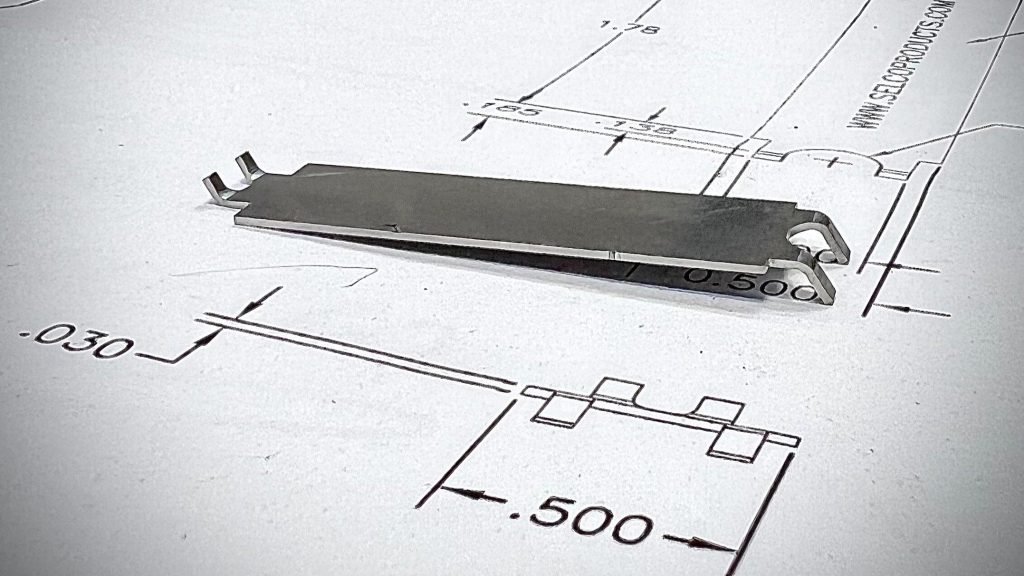Sheet metal fabrication is a process that involves cutting, shaping, and assembling thin metal sheets to create various products. This method offers high flexibility, precision, and strength, making it suitable for many industries. The ability to customize sheet metal components according to specific requirements has made it a fundamental technique across sectors such as automotive, construction, electronics, and healthcare. Its adaptability allows manufacturers to produce parts that are lightweight yet durable, contributing to efficiency and cost-effectiveness. Understanding the diverse applications of sheet metal fabrication reveals why it remains a vital part of modern industrial manufacturing.
Sheet Metal Fabrication in Key Industry Sectors
- Automotive Industry
TZR sheet metal fabrication plays a crucial role in making car parts such as chassis, body panels, exhaust systems, and engine components. It enables the production of lightweight yet strong parts that improve vehicle performance and fuel efficiency. The precision of fabrication techniques ensures that components fit perfectly, enhancing safety and reliability.
- Construction Sector
In construction, sheet metal fabrication is used to create roofing, siding, ductwork, and structural components. Metal sheets are shaped to withstand harsh weather conditions while providing aesthetic appeal. Fabricated metal is also vital in making customized fixtures and fittings that meet building codes and design specifications.

- Electronics and Electrical Industry
Sheet metal is commonly used to manufacture enclosures, frames, and mounting brackets for electronic devices. Its excellent heat dissipation and electrical conductivity properties make it ideal for protecting sensitive electronic components while ensuring proper functioning.
- Healthcare Industry
In medical equipment manufacturing, sheet metal fabrication provides precision parts for hospital beds, surgical instruments, and diagnostic machines. The ability to create hygienic and corrosion-resistant components is essential to meet strict health standards.
- Aerospace Industry
The aerospace sector relies on sheet metal fabrication to produce lightweight, high-strength parts like aircraft panels, fuel tanks, and engine components. These parts must meet rigorous safety and performance standards, making fabrication precision critical.
Advantages of Sheet Metal Fabrication
- Versatility
Suitable for various metals including aluminum, steel, copper, and titanium, offering options for different industrial needs.
- Customization
Easy to modify designs for specific applications, allowing industries to tailor components to exact requirements.
- Durability
Produces strong and long-lasting parts that can withstand environmental and mechanical stresses.
- Cost-Effectiveness
Efficient production processes reduce waste and lower manufacturing costs.
- Speed
Modern fabrication techniques enable rapid prototyping and mass production.
Conclusion
Sheet metal fabrication is a cornerstone of modern manufacturing due to its versatility across different industries. From building sturdy car frames to crafting delicate medical instruments, it delivers precision, strength, and adaptability. The ability to customize metal parts quickly and cost-effectively makes it indispensable in automotive, construction, electronics, healthcare, and aerospace sectors. Businesses leveraging this technique gain a competitive edge by producing high-quality products that meet exacting standards. The ongoing innovation in fabrication technology promises even broader applications and improved performance in the future.



